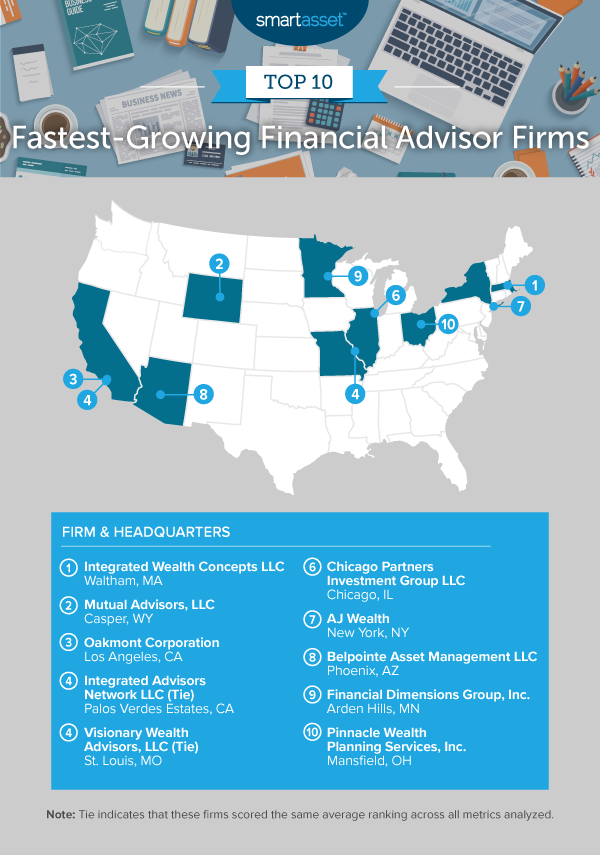
Writing a creative short can be daunting. You have to translate the vision of your client and avoid jargon and fluff. The brief must be clear, concise and understandable so that the design team can solve the client's problem. The brief should not be a comprehensive solution. It should challenge the design team to come up with creative solutions. It should include a brief that addresses the client's problems and is written with care.
Develop a key consumer benefit (KCB)
To focus your marketing efforts, create a creative short that addresses a single benefit. One key consumer benefit may be a feature or benefit that the audience is looking to gain. The ultimate goal of any project or the feeling you want your audience have after using a product/service is a key benefit or pain point.
It is important to study the market, analyze the products and audiences of your competitors before you create a creative brief. This will allow you to narrow the scope of your search and help you determine your company’s niche in this market. A KCB or key messaging should clearly describe the solution that the product/service will offer consumers. Then, be sure to incorporate testimonials and narratives into the creative brief.

Include deliverable dates
Remember to include deliverable dates and deadlines when writing a creative short. This will prevent confusion later. You should also include brand guidelines as well as internal messaging. The more details you provide, the better your creative team will be able to accomplish your objective. The date you would like to see the project complete, as well as any revisions and approvals. Remember to add the delivery dates for each stage.
You should also include a description of your target audience, competition, and the market in which your company operates. It is important to provide a brief description that is concise and includes your company's branding messages. A concise and clear creative brief will avoid endless revisions. It will also allow your agency be as transparent as possible with all information.
Include brand guidelines
Your creative brief should include brand guidelines. This will ensure that your work is consistent and in tune with the brand's values. These guidelines will allow the designer to understand the brand's vision and voice, and ensure that the work produced reflects it. Here are some ways to include brand guidelines within your creative brief. These guidelines can be used to create your campaign brief. It should contain these five elements. These guidelines will ensure that your creative brief includes every detail.
The brief should cover the entire brand. But it shouldn't be too detailed. The brief should include a short overview of your brand and audience. It should also contain one paragraph detailing the goals. It should also include background information on the brand, including the target audience. The brief should include any background information about the brand that the creative team doesn't already have. They should be able catch up and complete the project. The brief should also contain the brand guidelines, and the deliverables.

Include client's voice
When developing creative briefs for your clients, include their voice. This is often the hardest part. The creative brief can often be overwhelming due to the amount of information that is required. These are five common reasons projects fail. Although not all these reasons can be attributed to the creative brief, they all stem from a conflict regarding the project's creative components. Here are some guidelines to help create a brief which will be attractive to your clients.
Make a brief that outlines the main elements of your project. This will help you to understand the client's voice. Make sure you include demographic information as well as behavioral insights about your target audience. This will help your team to come up with an effective content strategy. Be persuasive in your messaging and push your audience to action. In the creative brief, include the voice, tone, or style of your client.
FAQ
How do I become a successful consultant?
It is important to identify an area of passion. Next, you need to establish relationships. Understanding your clients' needs and operating style is essential. Finally, you must deliver results.
Although you don't have the ability to do everything perfectly, you must be better than anyone else. You need passion for what your do. It isn't enough just to say, "I'm going to be a consultant." You must believe in yourself.
How much does it cost to hire a consultant?
Many factors go into determining how much it costs to hire a consultant. These include:
-
Project size
-
Time frame
-
Scope of work
-
Fees
-
Deliverables
-
Other factors to consider include location, experience, and other considerations.
How can I find clients for my consulting business?
Find an area that you are passionate about. You can choose to be passionate about anything, from public relations and social media. If not, you may have to start small by finding a niche market such as web design. Once you have identified the niche, be sure to fully understand its characteristics. What problems does the solution solve? What are the benefits? How can you help them?
You could also approach businesses directly. Perhaps they are looking for someone who can help them understand SEO and content creation or just need advice on social media strategy.
If all else fails offer your services for free at networking events and conferences. It's a great way to get in touch with potential customers, without spending too much on advertising.
Statistics
- According to IBISWorld, revenues in the consulting industry will exceed $261 billion in 2020. (nerdwallet.com)
- "From there, I told them my rates were going up 25%, this is the new hourly rate, and every single one of them said 'done, fine.' (nerdwallet.com)
- So, if you help your clients increase their sales by 33%, then use a word like “revolution” instead of “increase.” (consultingsuccess.com)
- 67% of consultants start their consulting businesses after quitting their jobs, while 33% start while they're still at their jobs. (consultingsuccess.com)
- Over 62% of consultants were dissatisfied with their former jobs before starting their consulting business. (consultingsuccess.com)
External Links
How To
How do I find a good consultant?
Knowing what you need from your consultant is the first step to finding a qualified consultant. Do you want them helping you improve your website's performance or not? You may want them optimizing your site to rank higher for search engines. Maybe you are looking for someone to point out any problems with your current web host. You need to know what kind of services you want, and then you can begin looking at other companies. While there are many consultants that claim to be able provide these services for you, not all of them will. So how do you go about choosing one? Here are some things to consider when picking a consultant:
-
Get referrals. This is the best way to select a consultant. You don't want to hire someone you've never heard of before because you'll likely pay too much. But you also don't want to work with someone whose reputation isn't solid. If you're lucky enough to get referrals from people you trust, then great! But even if you don't, you still might be able to check reviews online. Check for testimonials or case studies that show how clients have used your services.
-
Ask around. Many people are not aware of the benefits of hiring a consultant. They assume that their current situation is fine and they don’t need changes. This is often incorrect. Even if results are good, there is a chance you haven’t been keeping up-to-date with new trends and technologies. Your business could be missing out if it relies on outdated methods. Ask around to find a qualified consultant.
-
Be sure to check their credentials. You don't need to worry about whether they are building a website or an eCommerce store worth millions. You need to ensure that the person you hire is qualified to do the job and has sufficient knowledge in the subject.
-
Find out the type of projects they specialize. It is a common misconception that everyone can manage everything. Some areas require specific types of training or education. A developer who is a specialist in Drupal would not be able to help you build a WordPress theme. The same applies to programming languages, graphic design and other areas. Ask what projects they usually work on.
-
You should know their prices. As we stated, you don’t want to pay too little for a consultant. However, you don't need to pay too much. There are many different types of consultants. There are some that charge an hourly fee, while others may bill per job. It's cheaper to know upfront what you are paying than later.
-
Understand what they offer. Do they offer free consultations? Can they provide advice on how to setup your own system? Can they guarantee your site will rank higher if you work with them? You can cancel the consultation without penalty if your opinion is not what you wanted.
-
Also, ask if discounts are available for multiple months and years. Many consultants offer extended discounts for long periods. It is not necessary to commit to an entire year. However, you could still benefit from any deals offered by the consultants.